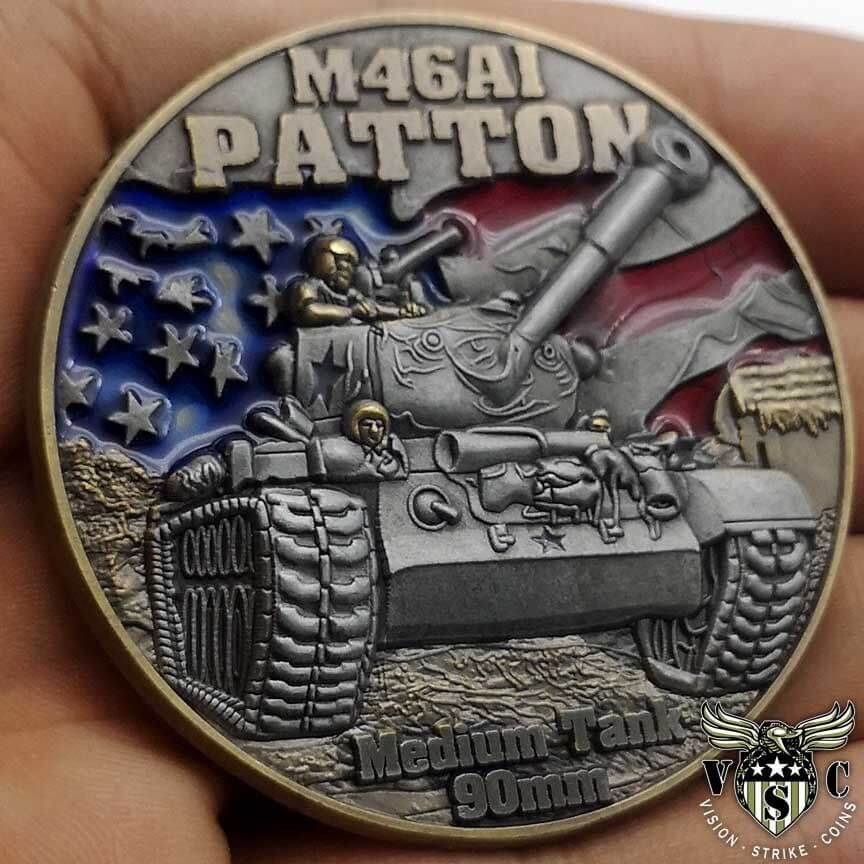On July 27, 1953, a momentous event in the history of the Korean War took place – the signing of the Korean War Armistice Agreement. This significant day marked the end of the fighting in the Korean War, which had ravaged the Korean Peninsula and left countless lives shattered. In this blog, we delve into the significance of this historic agreement, its impact on the Korean people, and the importance of remembering this crucial moment in history.

The Korean War: A Forgotten Conflict
The Korean War, often referred to as the “Forgotten War,” was a conflict that resulted from the division of Korea following World War II. The war began on June 25, 1950, when North Korean forces invaded South Korea. The conflict quickly escalated, drawing in the United States and other countries in support of South Korea, while China and the Soviet Union backed North Korea.
The Armistice: A Pivotal Moment of Ceasefire
After three years of intense fighting and unimaginable loss, the Korean War Armistice Agreement was finally signed on July 27, 1953, in the city of Panmunjom. This agreement established a ceasefire, effectively bringing an end to the hostilities between North Korea and South Korea. However, it is essential to note that the armistice was not a permanent peace treaty, but rather a ceasefire agreement that has endured to this day.
The Impact on the Korean Peninsula
The signing of the Korean War Armistice Agreement had far-reaching consequences for the Korean people. The war had resulted in widespread devastation, loss of life, and separation of families. The armistice brought a temporary halt to the violence and allowed for the repatriation of prisoners of war. It also established the Korean Demilitarized Zone (DMZ), a buffer zone that divides North and South Korea and remains one of the most heavily fortified borders in the world.
Remembering the Sacrifices
As we commemorate the signing of the Korean War Armistice, it is crucial to remember the sacrifices made by the soldiers and civilians who endured the horrors of war. The Korean War claimed the lives of millions, including soldiers from various countries who fought alongside South Korea to defend its freedom and democracy.
The Quest for Peace and Reunification
Over the years, efforts have been made to pursue a lasting peace on the Korean Peninsula and work towards reunification. Diplomatic dialogues, summits, and initiatives have sought to bridge the gap between North and South Korea and promote understanding and cooperation.
A Day of Remembrance
July 27 serves as a day of remembrance for those who endured the hardships of the Korean War and a reminder of the importance of peace. It is a day to pay tribute to the bravery and sacrifice of the soldiers and civilians who lived through the war and a call to action for continued efforts towards reconciliation and lasting peace in the region.

Conclusion: Honoring the Korean War Armistice
As we commemorate the signing of the Korean War Armistice Agreement on July 27, we pay homage to the resilience and courage of those who lived through the war’s horrors. The armistice stands as a reminder of the cost of conflict and the importance of pursuing peaceful resolutions to disputes. As we remember the sacrifices made during the Korean War, let us strive to work towards lasting peace and understanding on the Korean Peninsula, ensuring that the memory of this pivotal moment in history remains etched in our hearts and minds for generations to come.
As we observe the anniversary of the Korean War Armistice Agreement, it is crucial to reiterate the importance of pursuing diplomatic solutions and peaceful coexistence. The memory of the Korean War reminds us of the devastating consequences of armed conflict, underscoring the need for continued efforts towards reunification and lasting peace in the region.
